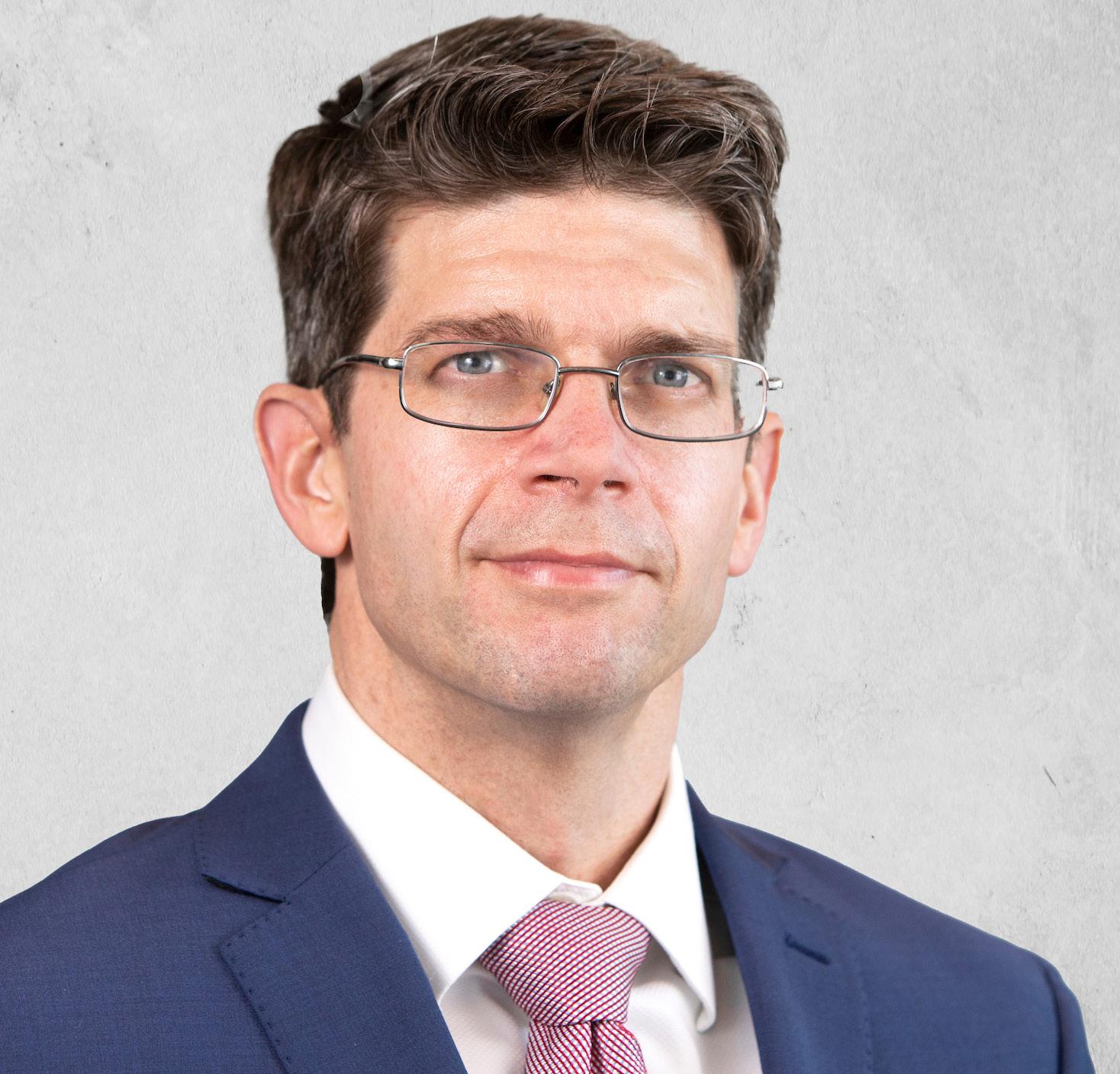New polymer research may revolutionize how plastics are processed IN A SERIES OF NEW ARTICLES, RESEARCHERS described new discoveries on the effects of temperature on sustainable polymers. Their findings may help the industry to produce plastics that are more sustainable and better for the environment. “Plastics made from petroleum, a non-renewable resource, remain too long in our land and water when discarded,” Rufina Alamo, chemical engineering professor, says. “We are researching how sustainable polymers are heated and cooled so we may produce more ‘environmentally friendly’ plastics.” Alamo and doctoral candidate Xiaoshi Zhang, now a postdoctoral research fellow at Penn State, recently published the work in a series of papers that focus on the crystallization of “green” polymers. The latest paper appears as the cover article in issue 18 (2020) of Macromolecules, a leading journal for polymer science. “There is a worldwide motivation to transform how the largest volume of plastics are made,” Alamo says. “Polymer chemists and physicists are working hard to produce substitute materials to end problematic plastic waste.” According to Alamo, replacing inexpensive polymers made from petroleum with economically viable, sustainable polymers is only the first step in the process. Determining the correct temperature for processing is key to producing better materials. “How the polymer is melted and cooled to make the desired shape is important,” Alamo explains. “We are trying to understand the intricacies of crystallization to further understand the transformation process.” The team is studying a type of polymer called “long-spaced polyacetals,” which are used in plastics. Synthesized in a laboratory at the University of Konstanz in Germany, the longspaced polyacetals Alamo’s team use come from sustainable biomass. They contain a polyethylene backbone decorated with the acetal groups at a precise equal distance. The structure combines the toughness of polyethylene with the hydrolytic degradability of the acetal group. This type of polymer is strong, but breaks apart more easily with water than traditional polymers. “What we discovered is these types of polymers crystalize in an unusual way when cooled after melting,” Alamo said. During the cooling process, spaghetti-type molecules in melted plastics disentangle to form crystals and are responsible for the toughness of final material. Alamo’s group showed that polymer crystallization is controlled by molecular events that take place at
Macromolecules September 22, 2020 Volume 53 Number 18
pubs.acs.org/Macromolecules
www.acs.org
CHEMICAL
Study co-author Xiaoshi Zhang was a doctoral candidate when he performed this polymer research with Dr. Alamo. Now he’s a postdoctoral research fellow at Penn State.
the crystal growth front. The researchers found that when cooled rapidly, these polyacetals become tough and crystalline and the molecules self-assemble in a type of crystal termed “Form I.” When cooled slowly, the material is also very crystalline, but the crystals formed are quite different and dubbed “Form II.” When cooled at intermediate temperatures, the material does not solidify at all. This phenomenon has never been observed in any other crystalline polymers, according to the researchers. “For crystals to be formed, an energy barrier first needs to be surmounted,” Alamo said. “At low temperatures, crystals are easily formed. At high temperatures, crystals are more stable and at intermediate temperatures, the crystals compete to form and the material can’t solidify.” “This is a significant discovery because it is an important key to understanding how the plastics we use become solids,” Alamo said. “We want to provide the industry with the best transformation processes possible. We want sustainable plastics that don’t warp or have difficulty solidifying.” The research may provide new ways of manufacturing plastics that will be more economical to produce and sustainable. Alamo’s research is supported by a grant from the National Science Foundation. Stephanie Marxsen, Patrick Ortmann, Stefan Mecking and Xiaobing Zuo contributed to the study. Undergraduate students Sidney Cameron and Michael Parkhurst collected experimental data for the project.
FAMU-FSU College of Engineering | ENGINEERING RESEARCH REPORT 2021
9

















